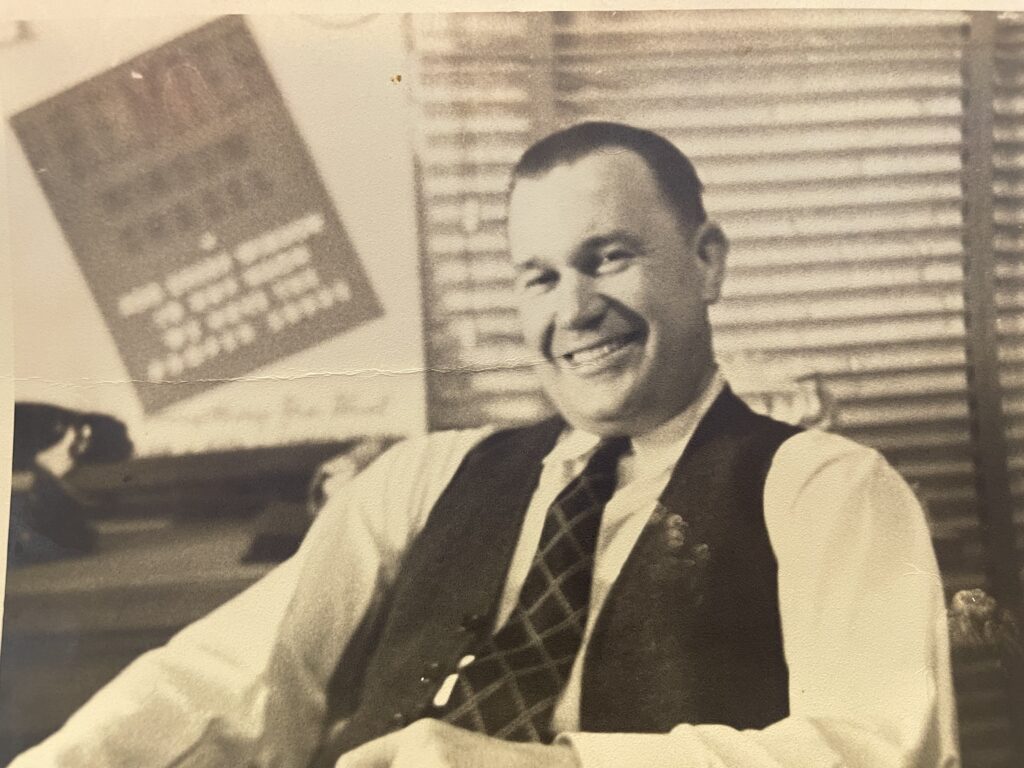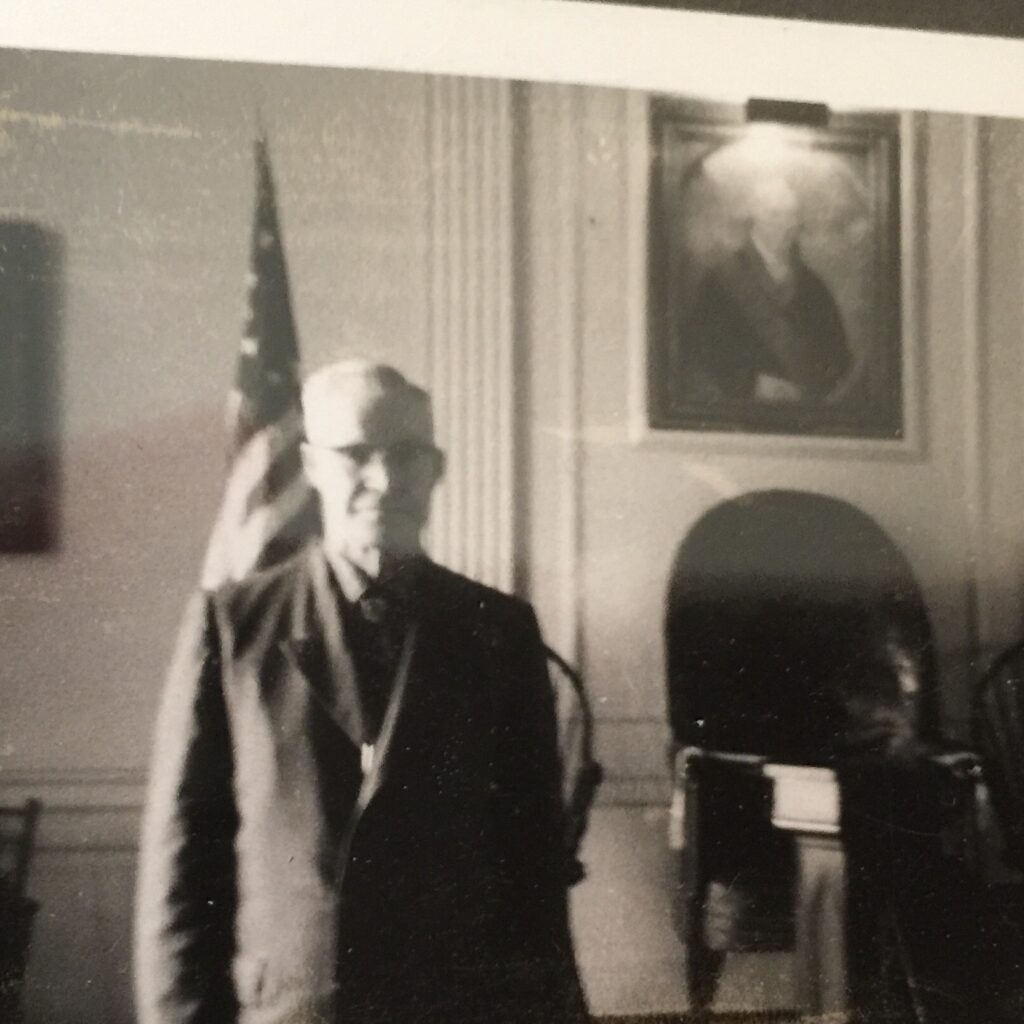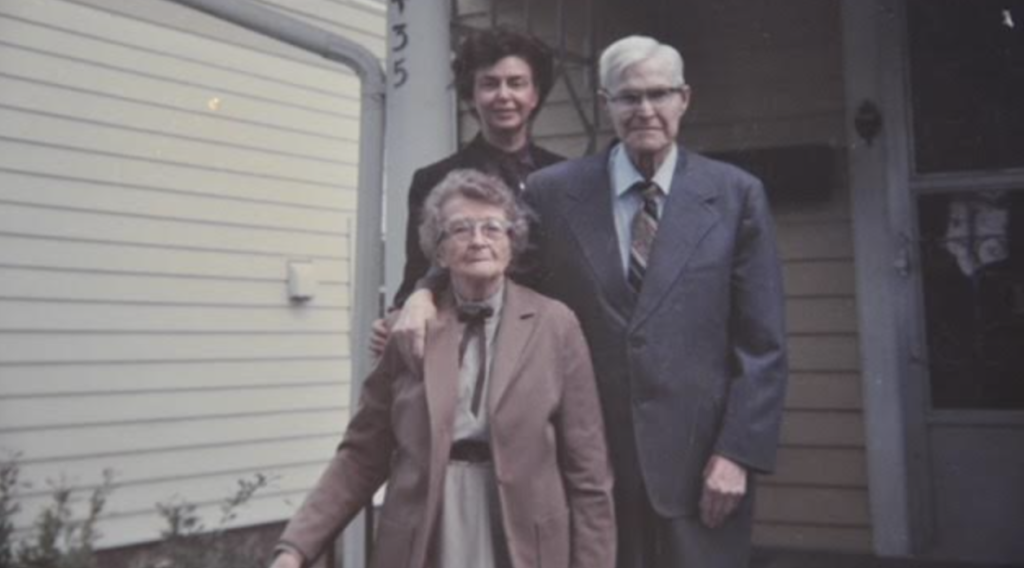I had two grandfathers whose role in my life could not have been more different.
One died at age 52, before I was born, and the other was an important person to me till he died at age 89, when I was 35 years old.
The first was married twice, and both my grandmother and his second wife also died before I was born. The second was married to the same woman for 65 years, and my grandmother on that side died at age 94, when I was 40.

I know very little about my paternal grandfather. Charles Albro Whitcomb was born in Michigan but lived most of his life in Georgia. He and his wife Blanche had one child, my father, but divorced when he was only 7. I don’t think my grandmother ever remarried, but she moved to Chicago to be near two of her sisters.
I know Charles was a veteran of the First World War, and that he had a successful career as a salesman back in the days when that was still possible. I don’t think his son Wesley Kenneth — my father — ever really lived with him after the divorce. He went to boarding school at Missouri Military Academy and then to college at Northwestern, where he met my mother.
Charles remarried, and he had his second wife Dora died in an automobile accident in January 1948. So when my parents married in the spring of 1949, Wesley had no parents in attendance.
Charles’ ancestors had come to this country from England in the middle of the 17th century, and my other grandfather’s family came from Germany about 200 years later. Paul Theodore Kindinger was born in Crestline, Ohio, and except for serving in WWI and spending a couple of years in the 1920s in Buffalo, he lived his entire life there.
He had only an eighth-grade education, but he was a reader for his whole life. Much of his work was as a blue-collar laborer, but for at least 20 years he was a police officer and for 10 years — starting shortly before Pearl Harbor — he was Crestline’s Chief of Police.

Much of his service in WWI came after the Armistice, when he served as an interpreter for U.S. officers who had to deal with Germans. It’s strange to realize, because I never heard him speak German until 1977 in Austria, but he grew up in a family where German was spoken in the home.
I’m not sure there was anyone else who has as great an affect on my early years as he did. My own father left us for good before my third birthday and I never knew him. My mother remarried when I was 6 and the man who was my dad for more than 60 years, Norman Rappaport, is the finest man I ever knew.
We weren’t close, though. There were decisions he and my mother made in raising me that didn’t work out all that well. His fault? My fault? Maybe a little of both.
But I had a wonderful grandfather, and I wish I could have known the other one.
That’s life, I guess.

